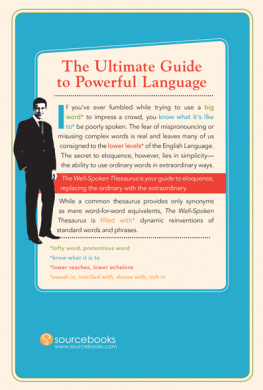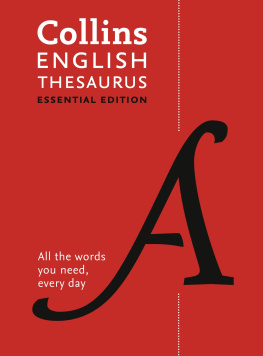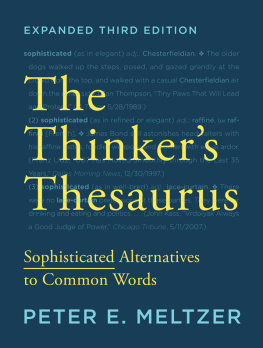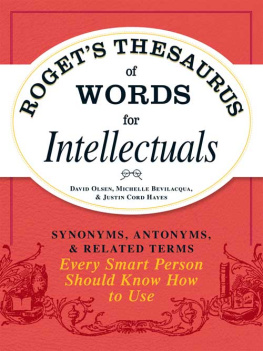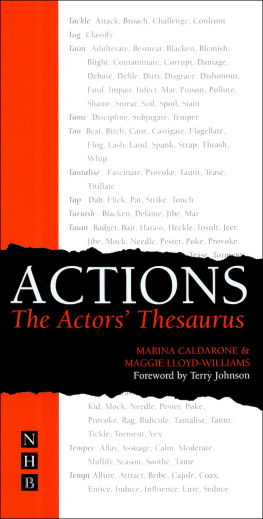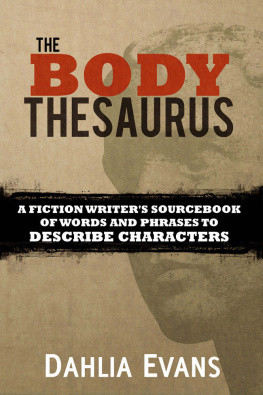Copyright 2011 by Tom Heehler Cover and internal design 2011 by Sourcebooks, Inc. Cover design by Will Riley Cover images Vgstudio/Dreamstime.com; Getty Images Sourcebooks and the colophon are registered trademarks of Sourcebooks, Inc. All rights reserved. No part of this book may be reproduced in any form or by any electronic or mechanical means including information storage and retrieval systemsexcept in the case of brief quotations embodied in critical articles or reviewswithout permission in writing from its publisher, Sourcebooks, Inc. This publication is designed to provide accurate and authoritative information in regard to the subject matter covered. It is sold with the understanding that the publisher is not engaged in rendering legal, accounting, or other professional service.
If legal advice or other expert assistance is required, the services of a competent professional person should be sought.From a Declaration of Principles Jointly Adopted by a Committee of the American Bar Association and a Committee of Publishers and Associations All brand names and product names used in this book are trademarks, registered trademarks, or trade names of their respective holders. Sourcebooks, Inc., is not associated with any product or vendor in this book. Published by Sourcebooks, Inc. P.O. Box 4410, Naperville, Illinois 60567-4410 (630) 961-3900 Fax: (630) 961-2168 www.sourcebooks.com Library of Congress Cataloging-in-Publication Data Heehler, Tom. p. cm. 1. 1.
English languageSynonyms and antonyms. 2. English languageTerms and phrases. I. Title. PE1591.H397 2011 413.12dc22 2010047798 Printed and bound in the United States of America.
DR 10 9 8 7 6 5 4 3 2 1 Dedicated to my mom.
Acknowledgments
| Literary Agent: | Jessica Faust |
| Acquisitions Editor: | Peter Lynch |
| Publisher: | Dominique Raccah |
| Editor: | Kelly Bale |
| Production Editors: | Michelle Lecuyer
Anne Hartman |
| Cover Designer: | Will Riley |
| Production Designers: | Ashley Haag
Holly Bahn
Danielle Trejo
Tina Silva |
| English Teachers: | Mrs. Tune, Second Grade, Una Elementary;
Mrs. Lawrence, Fourth Grade, Una Elementary;
Professor Lisa Hinrichsen, Harvard Extension |
| Important People: | Ruth Ellen Keiper,
Matt Killikelly,
Jeannie Ehrhardt |
On Becoming
Articulate
Why Should You Care? Words are like little gods. The pronoun him instead of her, if used often enough, can dissuade a girl from science or math. The words you use determine the density of gray matter in your brain. They affect your political leanings, influence how you see reality, determine your level of confidence and thus, define what it means to be you.
Thats what words do. As important as your words are in shaping your behavior, they are even more important in the way they shape the behavior of others. Your manner of speaking is, if nothing else, the central factor upon which people form assumptions about you. Whatever is your ultimate goal in life, chances are good youre going to have to communicate your way to it. And if greatness is your goal, well-spoken words are essential. Think about it.
From Homer to Hemingway, Lincoln, Churchill, King, Obamatheir words are why you know them. The well-spoken few are viewed by others in a different way. They are thought of as more knowledgeable, more informed, and therefore expected to do more things. This law of great expectations is a powerful motivator. We all have an inherent need to meet expectations, whether they be high or low, and when expectations rise, were inclined to rise with them. How to Speak Like an Academic without Sounding Like One The most accomplished speakers use words in ways that compliment their thoughts and ideas, not overshadow them. How to Speak Like an Academic without Sounding Like One The most accomplished speakers use words in ways that compliment their thoughts and ideas, not overshadow them.
They are able to adopt a scholarly air of authority, but without all those pretentious scholarly words. Take Barack Obama for instance, a man for whom the well-spoken word is a major source of power. President Obama understands, obeys, and exploits the most important commandment of communication: that its not so much the words we use, as it is the way we use them. You hear it all the time: Barack Obama is so articulate, so eloquent, so intelligent. But has he ever used a word any child couldnt comprehend? Its not easy becoming articulate. For most of us, the process is a never-ending exercise in trial and error.
We fumble our way along with the occasional foreign word here or big word there, all the while praying were pronouncing and using these words correctly. And when we do dare to use these words, we risk casting ourselves as pretentious, awkwardly formal, academic, or nerdy. Have you ever used a lofty word and felt embarrassed at having done so? Weve all been there. We hear others use these words with ease, but when we try them for size, they dont always fit. Thats because we confuse formality with what we believe to be articulate speech. We deploy such language in an attempt to present ourselves as professional when, ironically, usually the opposite effect is achieved.
The same can be said for those who attempt to impress with big professorial words. While such language may seem indubitably clear and appropriate to them, it strikes the rest of us as more than a bit eccentric. The trick here is to achieve the authoritative and persuasive effects of formality and intellectualism without sounding too, well, formal or intellectual. What you are aiming for is an effect: you want to be regarded as the smartest authority in the room but without the least trace of awkwardness or pretension. And to that end, I present to you this book. A Few Words about Me I began writing what would become this book when I decided, in the spring of 2006, to go back to school and complete my education. A Few Words about Me I began writing what would become this book when I decided, in the spring of 2006, to go back to school and complete my education.
It was there in Cambridge that I would come to realize just how inarticulate I really was. And because I could find no easy way to lift my speech and prose quickly, I resolved to invent a way. It began simply enough; whenever I would happen upon an eloquent word or phrase, I would write it down and pair it with what I would have said otherwise. (All those common word entries you see in this thesaurus? Thats me talking.) I did this for years, collecting words like butterflies, until it became increasingly apparent that my collection could be of use to others. So you could say that my authority on this subject stems not only from a determination to do something about my own predicament, but to do something about yours.
Rhetorical Form and Design
17 Lessons Its not enough to replace ordinary words with the extraordinary words contained within this book.
Rhetorical Form and Design
17 Lessons Its not enough to replace ordinary words with the extraordinary words contained within this book.
You need to know why these words are extraordinary, and the best way to do this is to examine the language of historys greatest writers and speakers, verbal alchemists like Margaret Atwood, Ernest Hemingway, T. S. Eliot, and Barack Obama. It is by their example that we come to know how words are powerful not in and of themselves, but in and of each other, in the way they combine to form that which they could never be otherwise. Take for example the word,

